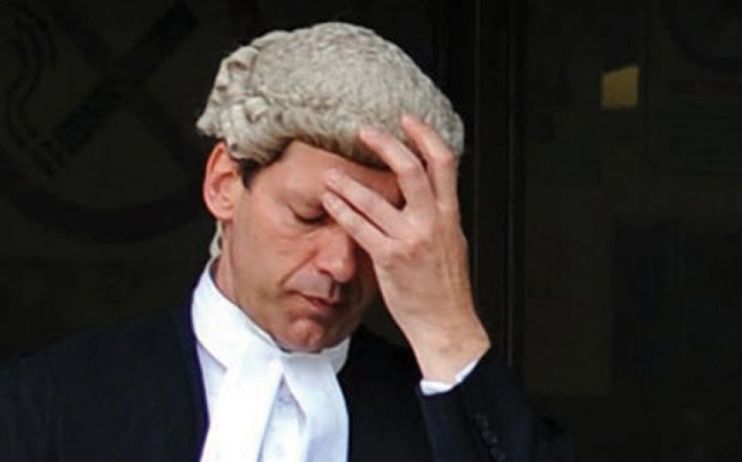Nearly half of in-house lawyers asked to advise on unethical issues

A survey of in-house lawyers published today has found that 45 per cent have been asked to advise on something ethically debatable.
The study shines a light on the tightrope in-house lawyers have to walk between acting commercially and upholding professional ethics.
Read more: Firms must stop using NDAs to cover up harassment, say MPs
The survey of more than 400 lawyers found that 32 per cent are sometimes asked to advise on something that makes then feel uncomfortable ethically and 26 per cent agreed there are tensions between the way they and their business respect obligations to uphold the rule of law.
Thirty nine per cent said they had been asked to advise on something where the legality of a proposed action by their organisation is debatable.
One example the report gave of an ethical dilemma was the issue of non-disclosure agreements (NDAs) which have been used by some companies to cover up illegality.
Allen & Overy partner Mark Mansell is facing a disciplinary tribunal in connection to his role drafting the NDA signed by Harvey Weinstein-accuser Zelda Perkins.
The five-year study was published by flexible lawyering business LOD and carried out by Steven Vaughan, professor of law and professional ethics at University College London, and Richard Moorhead, Professor of law and head of Exeter Law School.
Read more: Solicitor facing disciplinary action over Harvey Weinstein non-disclosure agreement
In-house lawyers report coming under pressure for commercial reasons or receiving criticism for slowing decisions (80 per cent agreed this happened).
One vice-president of legal, quoted in the report said: “Ensuring you remain independent is a tricky problem. One of the key ways of protecting your independence is external counsel. Advice from outside of the organisation is something I rely on.”
Read more: Are workplace non-disclosure agreements (NDAs) being attacked unfairly?
Another interviewee said: “They’re your employer ultimately and the concern [is] that you are… poking a stick in the eye of the person who is potentially in control of your own destiny.”
The reports author’s said: “After five years of empirical work with in-house lawyers, we are rather concerned. Our work repeatedly shows tensions between organisational and professional logics and the tendency of in-house lawyers to prioritise the former over the latter.”
However, they also struck a note of optimism, saying: “Ethical leadership by in-house lawyers is possible, and important.”